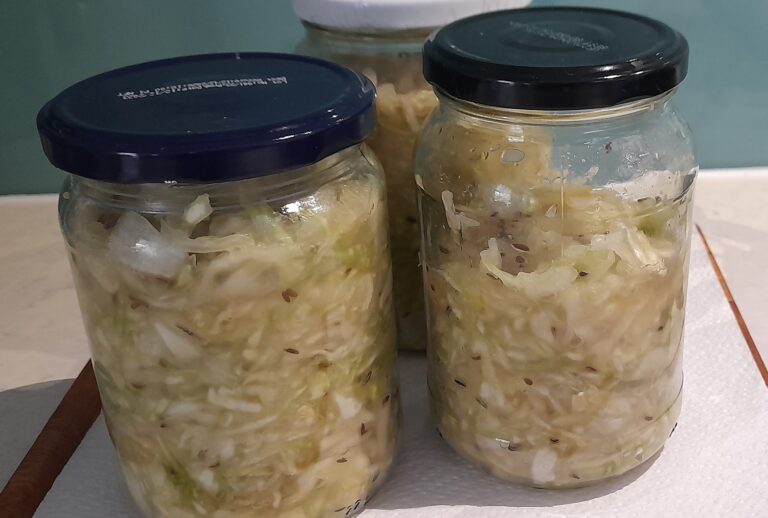Sometimes all I do is listen…
GPs have huge time and stress problems.
I have the time to listen. I’ll take the time to listen. Difficult accents, subtle symptoms, something ‘not quite right’ – I want to help you find answers that your GP may not have time to explore. I can help you put your finger on the “it” that you can’t quite describe.
I’m looking and listening to your whole system all the time. I don’t just listen to the words but also the meanings behind the words. I’m also considering your body language, your physiology (colouring, skin, posture), the tiny indicators that can help me identify a root cause beyond conventional medical thinking.
I find that listening in and of itself allows you to articulate what’s going on and get a new perspective on what’s happening. Often people haven’t even connected different aspects of what’s going on in their life and their health.
One patient I worked with recently hadn’t realised that there were patterns in her chronic pain levels, or that they had reduced over the period of her treatment. She had been so busy getting by that she’d lost contact with her body. It was almost as if she hadn’t stopped to listen to herself.
If you have a complex or subtle health challenge and want to explore for a better quality of life, maybe you just need to find a skilled listener?


